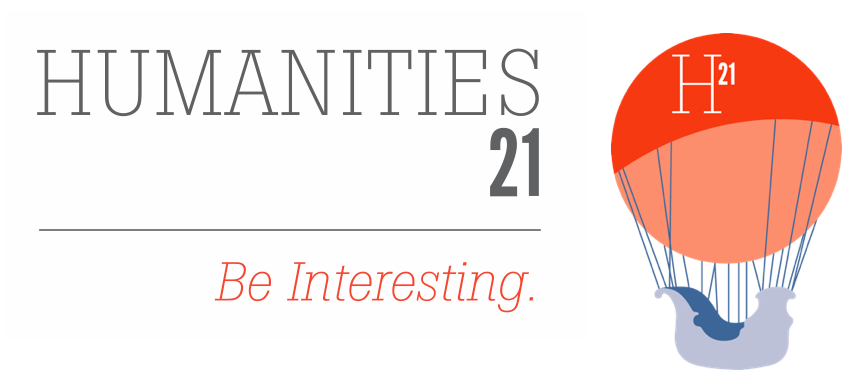Here is a Covid-19 story that thousands of small businesses like mine can now incorporate into our own business histories.
Monday, 16 March was probably the most difficult day in my twenty-year-old history and heritage consultancy business.
I had been really looking forward to travelling to Sydney and Canberra with a colleague to conduct a number of oral history interviews, which would eventually become a series of podcasts. I was going to talk to architects, carpenters, artists and others involved with a unique national project that had unfolded in the late 1970s. That gives you an idea of their likely ages today. Interstate travel, face-to-face interviews, the middle of March… you get the picture.
I had been enthusiastic and engaged in the project; researching, having preliminary discussions with some of the interviewees, learning more and more about this big 1970s project and with that, as always, coming up with more questions to ask. Many of these were to be answered the following week - or so I thought at the time.
Then, as our travel dates approached, our questions turned to ‘should we go?’, ‘what are the restrictions?’, ‘how quickly will things get worse?‘. Early on Monday the 16th I emailed everyone, following up with phone calls in case they didn’t read emails that day, to say we were putting the project into hibernation until Covid-19 had passed, and promising the project would be picked up again as soon as social isolation was over. Project expectations meant phone or zoom interviews would not have produced an adequate result and everyone agreed it was best to wait. Of course, the next thing was hours spent waiting on the phone and on crashing websites to cancel flights and accommodation. But that’s not a story I care to dwell on…
The rest of that week unfolded in much the same way as it did for thousands of other small businesses – with few or no projects left and a mix of emptiness and panic.
But while the virus has disrupted so much, it’s also set in train some amazingly quick and positive responses. While confusion reigned for weeks over what we were or weren’t allowed to do, we also saw decisions being made that would throw lifelines to small businesses, including in the history, heritage, arts, culture, and community sectors. One of these is the Victorian State Government’s Business Support Fund. I heard about this from a friend and within a week of putting in my own application I received an email saying I had been accepted and the money – $10,000 – would be in my business account soon. And it was!
So while my projects might be in hibernation and my income shaken for the next several months, I have an opportunity to think more deeply about what I do and why it’s important, and how I can ensure my business picks up again on the other side of coronavirus. The Business Support Fund is an opportunity to build resilience into your business activities. It’s the sort of ‘luxury’ opportunity that small business’ like mine rarely have. Please make the most of it.
Emma Russell
Director
History At Work





